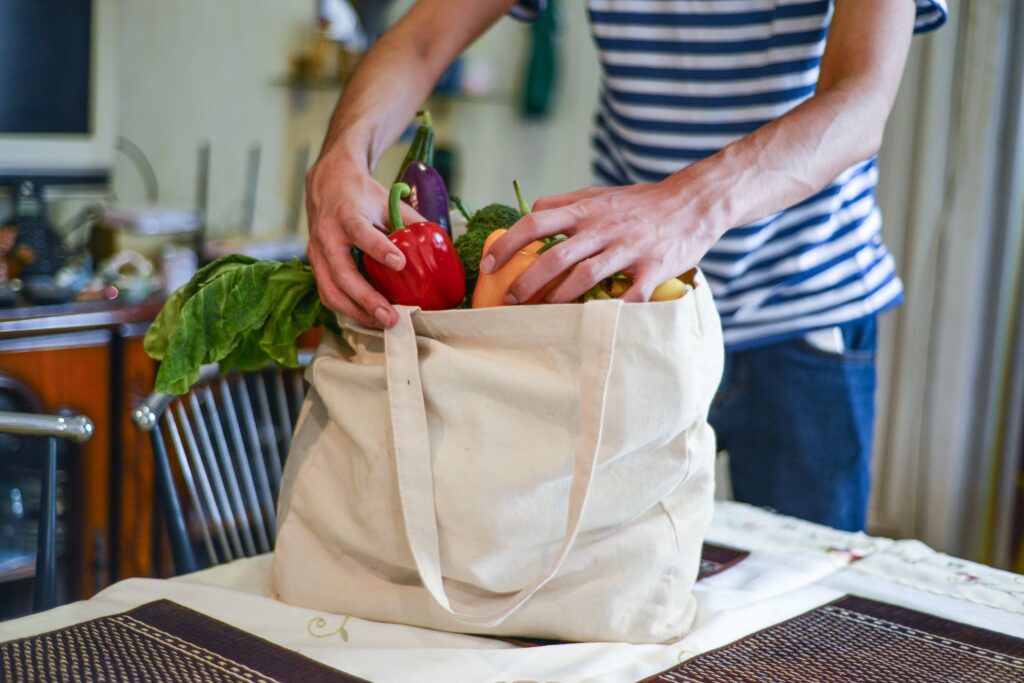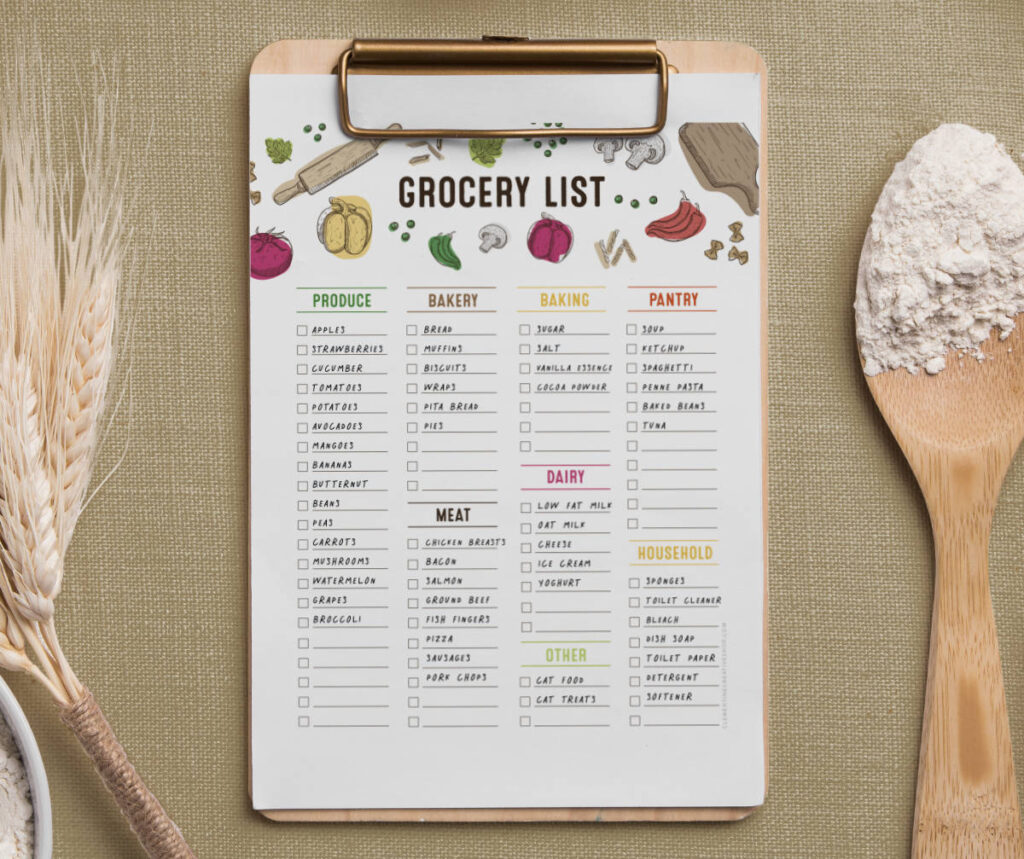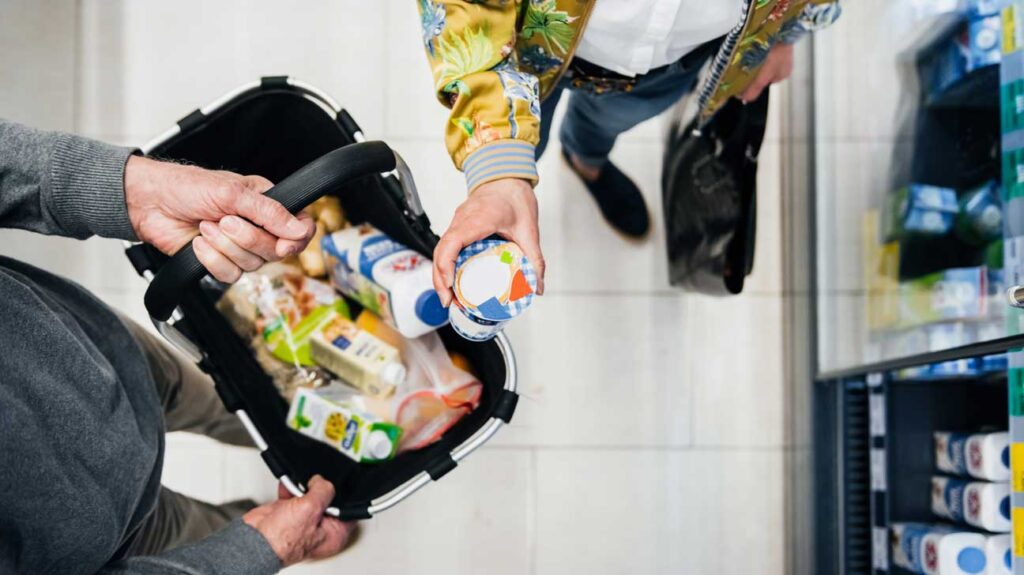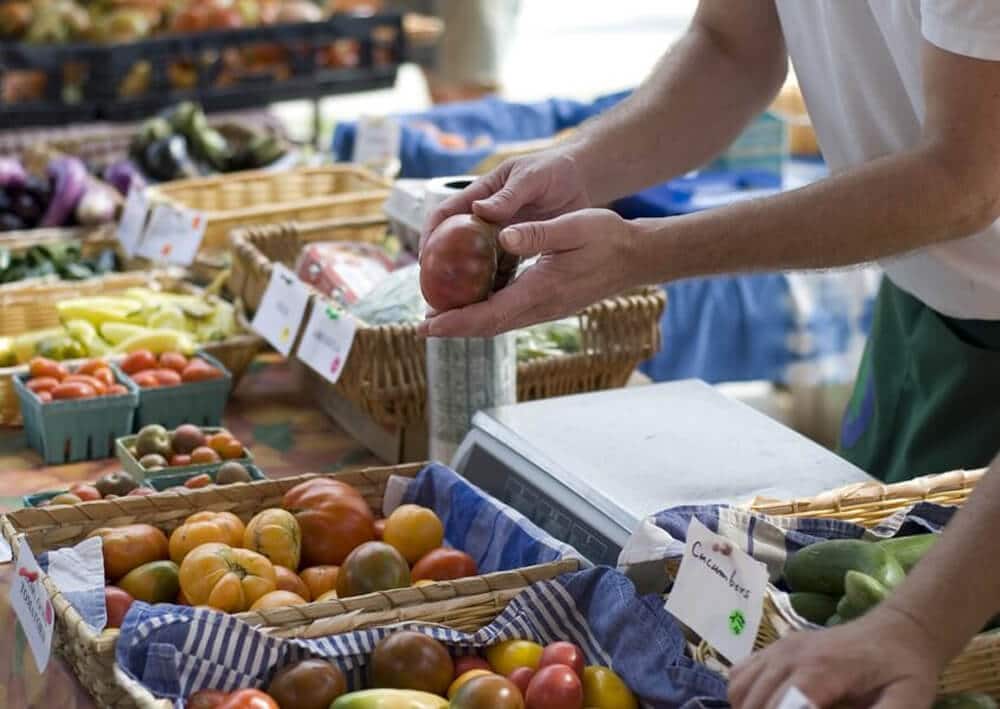Grocery expenses are one of the most common concerns after mortgage or rental expenses. The data from Esri reveals that Americans spend $431 each month alone on shopping for veggies and fruits. These numbers have spiked up incredibly due to the pandemic crisis.
The prices of meat, eggs, and fruit have reached the mountain’s peak within a couple of months. What’s even alarming is the over-expenditure– Most people overspend on groceries for several reasons, from food cravings to lack of planning. Although spending on groceries is mandatory, one can limit the money with a few simple hacks.
Here are the simple tips and tricks to save money while buying fruits and vegetables. All these thoughtful hacks help you choose a healthier and planned grocery list.
Moreover, if you’d like to save money on transportation or are afraid of buying more in the grocery store, here’s the best solution. Choose online shopping– Check this site that ensures fresh and organic vegetable delivery in Melbourne.
How To Save Money While Buying Fruits & Vegetables
Most people think about coupons and discounts to save money. Of course, they’re some of the best ways to save a few dollars each month. But what about the research process? Geez. Searching for the right coupons is a daunting task.
The rules and regulations of the coupons are even more frustrating. Isn’t it? However, there are several other ways to save a huge portion of your grocery expenses. Read on to know more.
1. Carry Your Bag

This is one of the simplest yet powerful hacks you should try out. No matter wherever you’re living, make sure you take your bag while moving to the grocery store. This practice prevents you from buying grocery bags from the store.
Carrying your bag not only saves money but also offers you a discount. For instance, if you’re using reusable and environment-friendly bags, Whole Foods Market stores offer you at least a 10% discount on the overall purchase.
2. Plan Out Before Shopping

Source: clementinecreative.co.za
This is one of the basic principles that you shouldn’t miss out on. Each day a massive amount of food was being wasted. At the same time, hundreds and thousands of people are dying due to poor nutrition, i.e., lack of food.
Ensure you buy adequate food to prevent food wastage. Buying excessive food is not only a global issue, but also it’s a matter of your wallet balance. Rather than spending randomly on food, prepare a list of vegetables and fruits.
Most importantly, strictly follow the list. Does it ever happen to you– You prepare a minimal grocery list, but the moment you enter the store, your cart will be filled with items that are not included in the list?
That’s why it’s vital to think twice or thrice before making a purchase. Answer questions– Will I cook these veggies this week? Do I have a stock of these fruits in the home? Do these vegetables fit into my meal plan?
3. Research Prices
Poor research on market prices is common for people who end up spending a lump sum on groceries. A few days the prices of vegetables skyrocketed. While on the other days, they fall to the ground. That’s why researching the prices helps you buy the vegetables and fruits at the right time when prices are low.
Observe the sales pattern in the market. For instance, if a coffee sold for $7 last week. It might be priced at $5 this week and again at $9 the next week. Usually, a certain sales pattern repeats now and then. All you need to do is be conscious of the prices.
If researching the prices seems tricky, make sure you compare the process among different stores. Then choose the grocery store with the lowest prices.
4. Avoid Shopping While You’re Hungry

Source: healthline.com
Think about your behavior when you’re hungry. Usually, hunger interrupts our calm mind, makes us feel anger, and perhaps even disturbs our mood. When you go grocery shopping while you’re hungry, you might buy unnecessary items, from sugary candies to canned beverages to oily junk foods.
Marissa Ciorciari(MS, RD, LD/N, CLT at the Carillon Miami Beach) says one should eat before going out for vegetable shopping to avoid starving. Although you’ve got your veggies and fruits list, you can’t help buying products that are not on your list. Make sure you eat something before purchasing groceries. This is the simple hack that saves you tons of bucks each year.
5. Ditch Cart
Did you know the carts in the store encourage the buyer to purchase more? This is also referred to as “impulsive buying” in marketing. If you use a cart, you are perhaps tempted to fill the basket or cart.
Avoid pulling the cart if you’re visiting for a packet of milk and a dozen eggs. This is one of the few best ways to prevent your over expenditure when buying fruits and vegetables.
6. Buy From Local Farm

Source: smallfootprintfamily.com
This is an evergreen tip to save money from your pockets. Usually, local farms offer groceries at a much lesser price than the standard local stores. Framer’s market is also one of the best places to buy vegetables and fruits at minimal prices.
Key Takeaways
Saving money while shopping in the store is not a cakewalk. It requires a lot of planning, self-control, and thoughtfulness. Especially when you’re in the decorative grocery store, it’s even more tricky to prevent your temptations.
However, here’s some good news. Here are a few hacks that help you buy only necessary groceries and save huge bucks. These include:
- Carry your own bag
- Research and compare prices at different stores
- Most significantly, plan out and prepare a grocery list
- Make sure you eat before shopping for food items
- Buy from farmer’s markets or directly from the local farms
- Avoid using cart
If you aren’t interested in buying offline, go online. There are several online vegetable delivery apps and websites in the market offering organic produce at affordable prices. Not only do you get healthier food, but you can also prevent over-purchasing.






